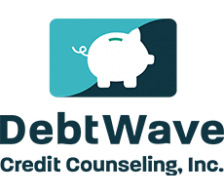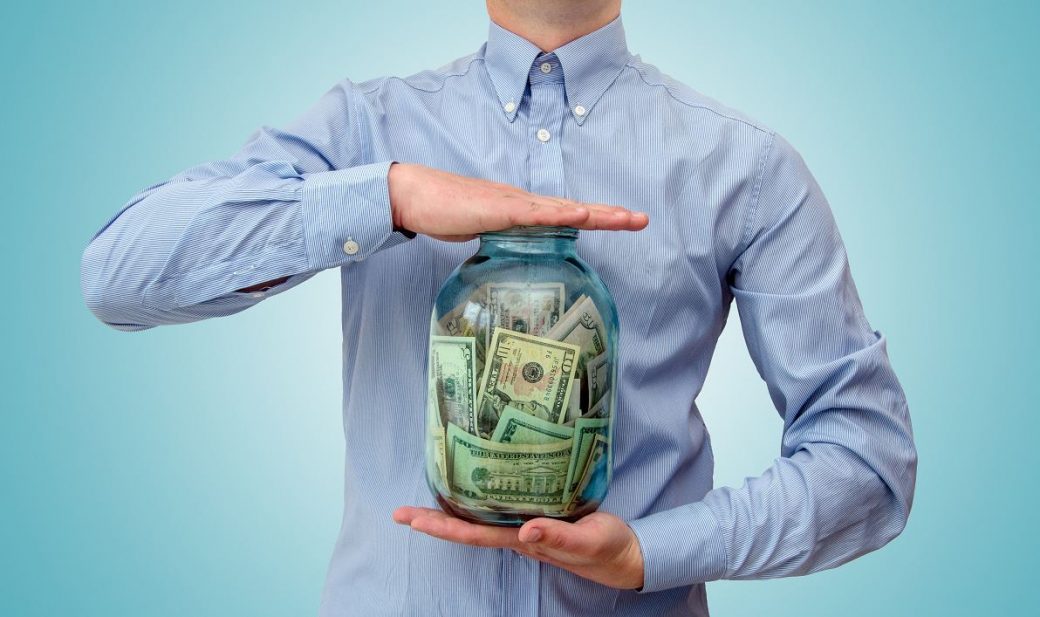I’ve been working since I was 13. I started dusting products and shelves in a hair salon and worked my way to become the writer I always wanted to be. Along the way I’ve had varied expenses, student loans, credit card debt, rent, food, clothing, insurance, cell phone bills, etc., you get the point.
While my hourly pay has increased over the years, so have my expenses. Meaning, if you looked at my bank account from when I was 13 compared to my bank account now some 15 years later, you may be surprised to see I had much more saved up back then than I do now.
How is that possible?
Every time I got paid when I was a teen it was a paper check. Mobile deposits were not a thing yet — neither were smartphones — so, under my parents’ supervision, I would deposit each check into my savings account and would withdraw $60 max at a time. It hurt to withdraw more than that amount and besides, my biggest expense was going to the movies on Friday nights.
I didn’t realize it at the time, but what I was doing with my money was actually really smart: I was paying myself first. Sure I had fewer expenses when I was a teen, but my main goal with my money was to save. I wanted to go to college, I wanted to save up to buy new clothing, I wanted to buy a dog in the future, etc., and I was saving up to fund those future aspirations.
What Does It Mean to Pay Yourself First & How to Do It
Why should I pay myself first?
Each time you get a paycheck, I’m guessing most of you, like me, use just about every dollar to pay rent, utilities, and bills. If there’s anything left over, I may breathe a little easier, but I rarely move money from my checking account to my savings account. As a result, my savings started to look a little forgotten.
I still have goals I should be saving for, but I got caught up in the need to pay other people. My rationale was if I use this money to pay off this credit card, then I will have the freedom to save more money next month for a down payment on a home or retirement or a honeymoon.
But that freedom never came.
Automated payments
Most of us no longer have to drive to a bank to cash or deposit our paychecks. This automated system has pros and cons, one of the positives is that it’s easier now, more than ever, to automatically have a portion of your paycheck go toward funding your 401(k) and your savings account.
Even if you have high-interest credit card debt or student loan debt, putting money away in your savings account is positive.
For those with higher amounts of debt or hefty bills, even if you can only afford to pay yourself one percent of your paycheck or $10, at least you’re starting to familiarize yourself with the behavior of setting money aside for yourself.
Saving money also makes you less likely to fall deep into debt in the future.
What the experts say
“[Paying yourself first] is a tactic that’s been talked about and promoted for a long time, but the country’s savings rate doesn’t indicate enough people are doing it,” Chad Nehring, a Certified Financial Planner and partner with Conceptual Financial Advisors in Wisconsin, told Forbes.
According to a recent survey by the website Bankrate.com, more than a quarter of all Americans have no emergency savings at all, and only 23 percent have enough saved to get them through six months of monthly expenses if they were to lose their income.
Another poll by the Employee Benefit Research Institute (EBRI) shows only 18 percent of workers reported they are “very confident” they’ll have enough money saved for retirement. More than 50 percent of workers in the same poll reported that the cost of living and day-to-day expenses are the biggest obstacles to saving.
Combine that with the pending Social Security shortfall and the fact that very few employers offer pensions anymore, and the takeaway is clear: Your nest egg is your responsibility.
“I always say, ‘If not you, then who?’” Nehring said. “There’s no one else who is going to [save] for us.”
“Paying yourself first takes a long time to develop [as a habit] because there isn’t immediate gratification,” Nehring says. “But automatic deposits [from] payroll is a great first step.”


